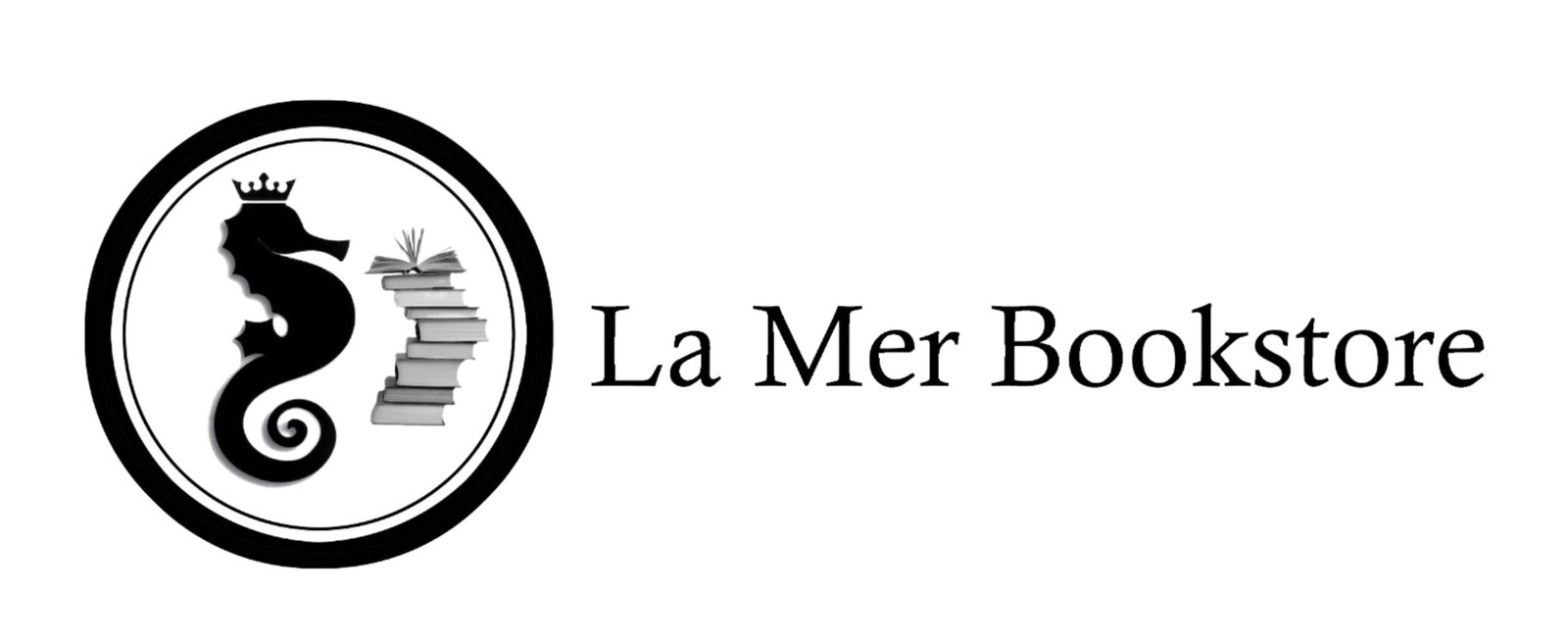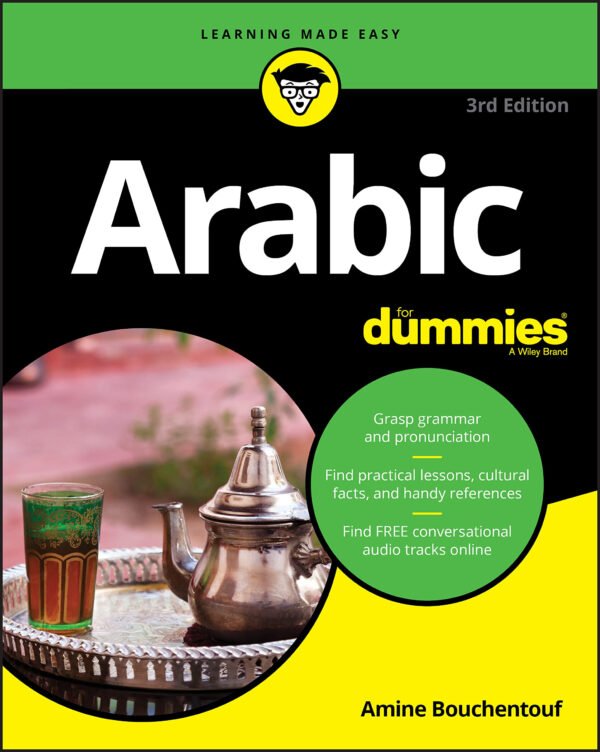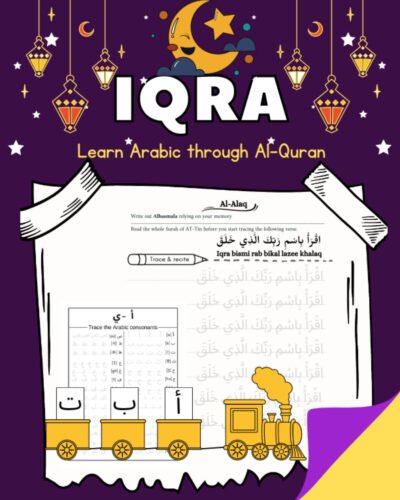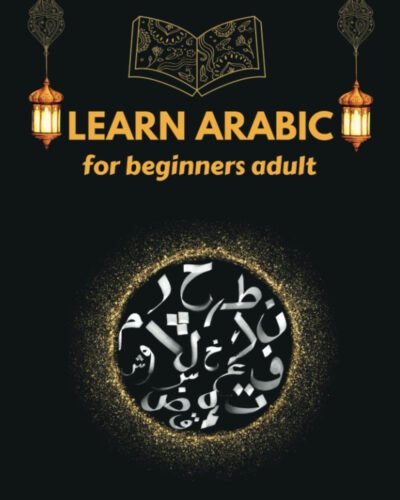Description
Product description
From the Publisher
From the Inside Flap
- Grasp grammar and pronunciation
- Find practical lessons, cultural facts, and handy references
- Find FREE conversational audio tracks online
Learn the basics of Arabic
If you want to start speaking Arabic, this go-to book is packed with practical instruction, cultural facts, and handy references you won’t want to be without! Inside, you’ll find guidance on basic grammar, as well as the necessary vocabulary to make introductions and greetings, use proper etiquette, make small talk, make transportation arrangements, order food and beverages, ask directions, deal with money, shop, access recreation, and handle an emergency.
Inside…
- Explore the alphabet
- Talk like a local
- Ask simple questions
- Chat about your family
- Comment on the weather
- Discover the number system
- Talk about days and months
From the Back Cover
- Grasp grammar and pronunciation
- Find practical lessons, cultural facts, and handy references
- Find FREE conversational audio tracks online
Learn the basics of Arabic
If you want to start speaking Arabic, this go-to book is packed with practical instruction, cultural facts, and handy references you won’t want to be without! Inside, you’ll find guidance on basic grammar, as well as the necessary vocabulary to make introductions and greetings, use proper etiquette, make small talk, make transportation arrangements, order food and beverages, ask directions, deal with money, shop, access recreation, and handle an emergency.
Inside…
- Explore the alphabet
- Talk like a local
- Ask simple questions
- Chat about your family
- Comment on the weather
- Discover the number system
- Talk about days and months
About the Author
Amine Bouchentouf is a native Arabic speaker from Morocco. He helped launch a year-round Arabic department at Middlebury College in Vermont, expanding upon the pre-existing, well-regarded Arabic Summer Program. He also designs, structures, and teaches beginner, intermediate, and advanced courses through the ABC Language Exchange Program in New York.
From the Publisher
Start reading and speaking Arabic
Arabic For Dummies helps readers start speaking Modern Standard Arabic in no time. Whether you’re a student, traveler, or work in business or government, you’ll find this title to be packed with practical lessons, cultural facts, and handy references.
Inside, you’ll find guidance on basic grammar, as well as the necessary vocabulary to make introductions and greetings, use proper etiquette, make small talk, make transportation arrangements, order food and beverages, ask directions, deal with money, shop, access recreation, and handle an emergency.
- Features new and revised content
- Offers a revamped, user-friendly design to both pedagogy and organization
- Includes expanded coverage of grammar, verb conjugations, and pronunciations
- Get free access to conversational audio tracks online
If you want to start speaking Arabic, this go-to book is packed with practical instruction, cultural facts, and handy references you won’t want to be without!










Raewyn Miller –
Abit disappoint it did not come with a cd to listen to
Beatriz Sato –
👍
Just what I needed.
Institutum Provisorium –
In my opinion there are two serious flaws
This, in my opinion, could have been an excellent book if it had been devoid of what I consider as two serious flaws:1) the total absence of the Arabic transliteration system of short vowels, which allows recognizing the vowels in a word by means of specific signs (fatha, kasra, damma). Short vowel identification marks are used to teach Arabic both to children and beginner adult learners. These signs are also present in any Arabic dictionary and in the editions of the Qur’an, to allow non-Arab readers to identify the sound of the words. The Arabic alphabet in this text, on the other hand, does not in any way allow the reader to understand which sound the words correspond to, so it is necessary to rely solely on the Anglo-American transliteration system of the Library of Congress. Since Arabic, unlike English, employs a fundamentally phonetic alphabet, I do not understand why the reader is forced to resort exclusively to the English language to recognize the sound of words. In this way, the reader will hardly be able to learn both written and spoken language, since the Anglo-American transliteration by its nature can only provide an approximative sound. 2) Furthermore, the book does not teach how to recognize how to identify the written form of the initial, final and median letters (which in Arabic sometimes changes radically) making the Arabic text therefore practically useless for any beginner.Questo, a mio parere, poteva essere un libro eccellente se fosse stato privo di due serie pecche:1) l’assenza totale del sistema di traslitterazione arabo delle vocali corte, che permette di riconoscere le vocali successive alle consonanti per mezzo di specifici segni (fatha, kasra, damma). I segni d’identificazione delle vocali corte sono usati nel mondo arabo, così come in tutti i corsi di rilievo occidentali che ho avuto modo di visionare finora, per insegnare l’arabo nelle scuole sia ai bambini che a studenti adulti principianti. Questi segni sono inoltre presenti in ogni dizionario arabo e nelle edizioni del Corano, per consentire ai lettori non arabi d’identificare il suono delle parole. L’alfabeto arabo riportato in questo testo invece non permette in alcun modo di capire a quale suono corrispondono le parole, per cui occorre fare affidamento unicamente al sistema di traslitterazione angloamericano della Library of Congress. Poiché l’arabo, a differenza dell’inglese, impiega un alfabeto fondamentalmente fonetico, non capisco perché il lettore sia costretto a ricorrere esclusivamente alla lingua inglese per riconoscere il suono delle parole. In questo modo il lettore difficilmente riuscirà a imparare sia il linguaggio scritto che quello parlato, poiché le traslitterazioni angloamericane per loro natura non sono in grado di articolare con esattezza il suono delle parole.2) Inoltre nel testo non viene insegnato a riconoscere come identificare la forma scritta delle lettere iniziale, finale e mediana (che in arabo cambia talvolta radicalmente) rendendo il testo arabo quindi praticamente inutilizzabile per qualsiasi principiante.
JM –
Text too small
Looks useful, except the text is way too small for all the diacritical marks. I’m returning it.
Ann B –
Well organised and really usefull
Have been learning arabic on duolingo, but some grammar wasn’t clear. This book explained it simply and clearly. Really good buy.